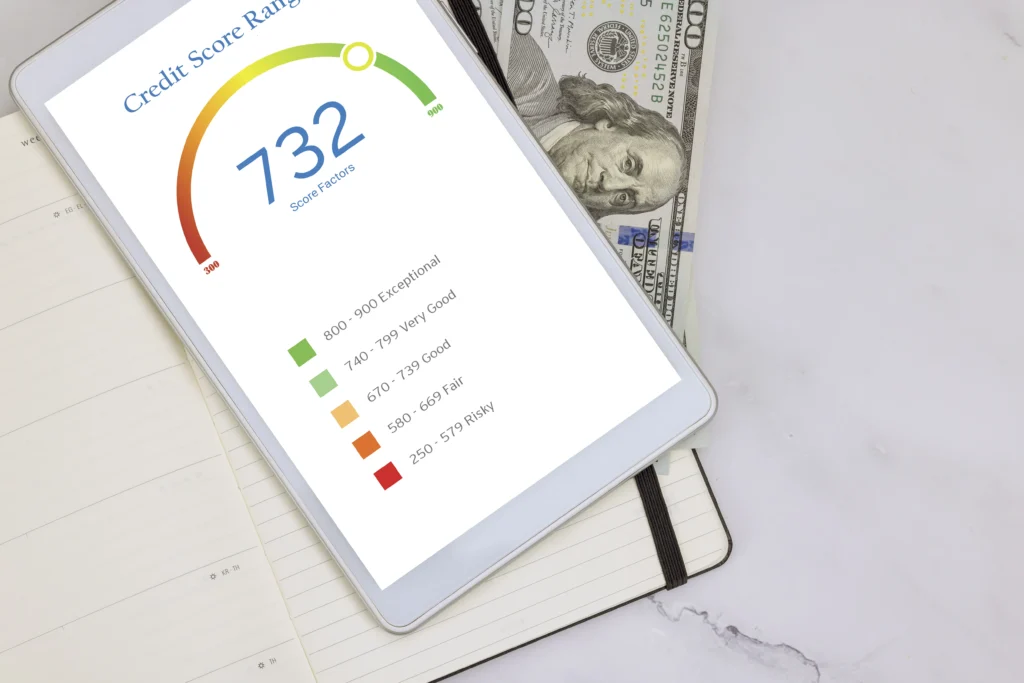It was a sunny afternoon when John received the call. The voice on the other end informed him of multiple credit inquiries on his account—requests he never made. Shocked and confused, John soon realized he had fallen victim to identity theft. The identity theft impact on his credit score was immediate and devastating. If you’ve ever wondered how such an incident could affect you, read on to understand the broader implications and steps to safeguard your financial future.
Related: Data Protection Tips: Keeping Personal Info Safe
How Identity Theft Affects Your Credit Score
The identity theft impact on your credit score can be severe. Once a thief has access to your personal information, they can open new accounts, take out loans, or make unauthorized purchases in your name. These activities often go unnoticed until significant damage has been done. The resulting late payments, maxed-out credit cards, and delinquent accounts can drastically lower your credit score.
Seeing a sudden drop in your credit score can be alarming. It not only affects your ability to secure loans and credit but also impacts things like insurance rates and even job opportunities. Understanding the potential consequences can help you take swift action to mitigate the damage.
Proactive Measures for Identity Protection
To minimize the identity theft impact on your credit score, proactive measures are essential:
- Utilize Strong Passwords: Ensure all your online accounts are protected with strong, unique passwords. A password manager can help you create and store these passwords securely.
- Monitor Your Credit Reports: Regularly check your credit reports from the major bureaus. Early detection can prevent extensive damage.
- Enable Alerts: Subscribe to account activity alerts that notify you of any suspicious transactions or attempts to open new accounts.
Enhancing Your Identity Protection Strategy
Given the substantial identity theft impact, investing in robust identity protection services can make a significant difference. These services offer real-time monitoring, which can help detect unauthorized activities more swiftly. Additionally, they provide comprehensive protection plans that cover costs associated with identity restoration.
Incorporating encryption methods, secure authentication processes, and continuous monitoring into your strategy can effectively shield your personal information.
Theft Defenders: Your Partner in Identity Protection
At Theft Defenders, we specialize in safeguarding your identity with our cutting-edge identity protection solutions. Our Defender 365 plan offers extensive coverage, including real-time alerts and advanced monitoring of both the internet and the dark web. By leveraging powerful AI technology, we can detect potential threats before they cause irreparable damage to your credit score.
Make use of our Defender 365 Free Scan to evaluate if your information is at risk and take the first step towards comprehensive identity protection.
Related: 9 Signs of Identity Theft
Expert Comments
FAQs
1. How can identity theft affect my credit score?
Unauthorized activities like opening new accounts or maxing out credit cards can lead to late payments and delinquent accounts, which drastically lower your credit score.
2. What steps can I take to protect my identity?
Using strong passwords, monitoring your credit reports, and enabling account alerts can help protect your personal information and prevent identity theft.
3. How does Theft Defenders help in minimizing the impact of identity theft?
Our Defender 365 plan offers real-time alerts, advanced monitoring, and AI-powered detection tools to safeguard your identity and maintain your credit score.
At Theft Defenders, we provide top-tier monitoring solutions to help you stay vigilant and protect your identity. Visit our website and sign up for our Defender 365 Free Scan to ensure your personal information stays secure.
Author Bio
Anna P.
Anna designs customized strategies to protect clients from identity theft. Her holistic approach encompasses advanced encryption methods, secure authentication processes, and continuous monitoring to ensure ongoing identity safety.

